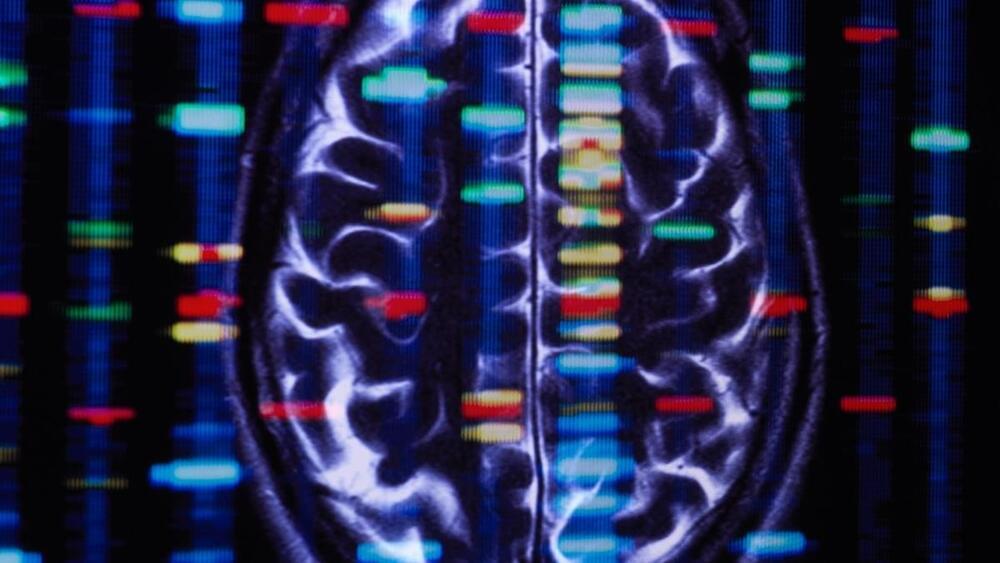The field “touches on all the questions that humanity has asked since it was walking on this planet,” says Moshe Szyf, a professor of pharmacology at McGill University. “How much of our destiny is predetermined? How much of it do we control?”
For some people, the concept that we can carry a legacy of trauma makes sense because it validates their sense that they are more than the sum of their experiences.
“If you feel you have been affected by a very traumatic, difficult, life-altering experience that your mother or father has had, there’s something to that,” says Rachel Yehuda, professor of psychiatry and neuroscience of trauma at Mount Sinai in New York. Her research points to a small epigenetic “signal” that a life-altering experience “doesn’t just die with you,” she says. “It has a life of its own afterwards in some form.”
